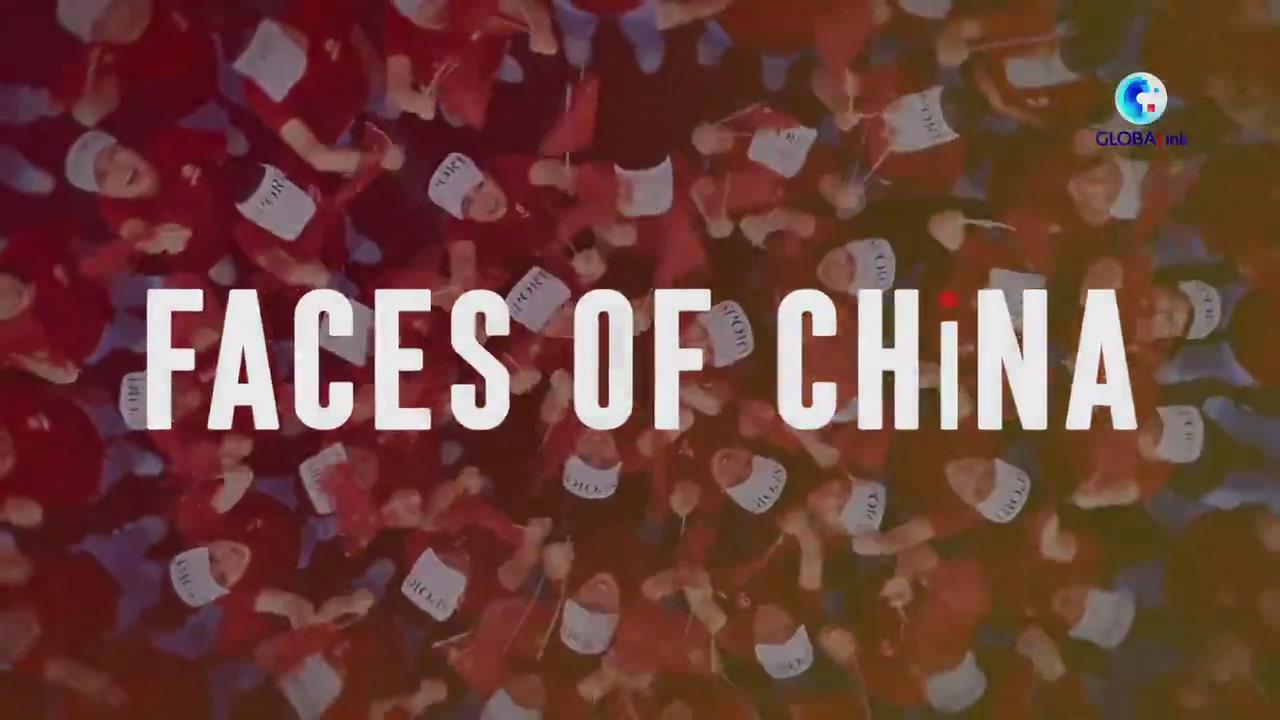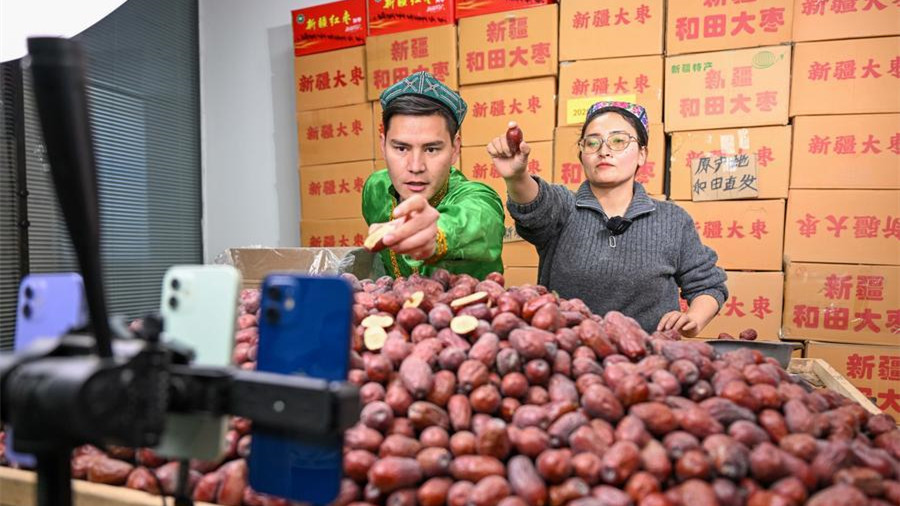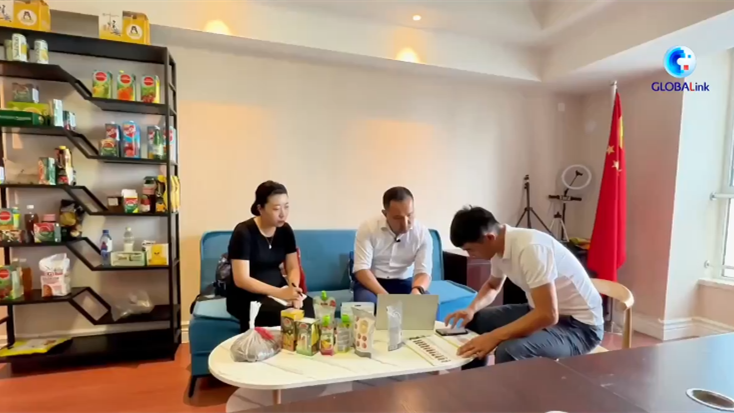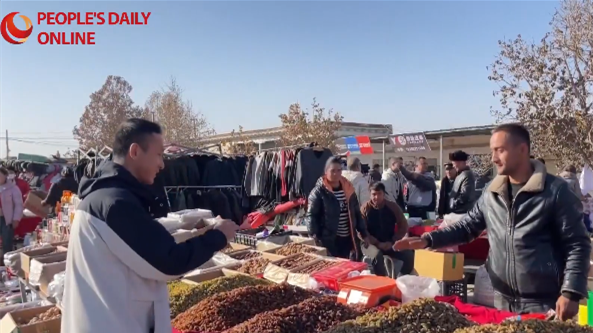Keping County in Xinjiang Uyghur Autonomous Region is known as China's "Home of Camels." With a long history of camel breeding, the county contributes significantly to China's camel industry. In recent years, Keping has leveraged its unique resources, promoting local economic development and improving the incomes of farmers and herders.
In a bid to develop the camel industry, Keping County has actively encouraged breeding facilities in different towns to upgrade their operations.
That's by implementing the government's "enterprise base farmer" development model and providing subsidy support to farmers to build enclosures, guarantee camel milk purchases, and subsidize insurance costs.
The aim is to guide farmers towards intensive farming, and to stimulate the camel breeding industry across the county.
They are not only a testament to Keping County's thousand-year-old camel breeding culture. They are helping to improve the livelihoods of local farming communities.
DAWUTI YISHA Camel Breeding Farm Owner "At the beginning of 2024, with the support of the party and government policies, I started raising camels. In 2024, I bought 70 camels, and the local government provided me with significant support by giving a subsidy of 3,500 yuan for each camel. Now, the camel milk is sent to the camel milk factory, and the daily production is 200 kilograms. My income last year was about 700,000 yuan. In the beginning, I lacked knowledge about raising camels, but later the government sent experts to guide me. Now I have 180 camels in my factory, and the daily milk production has reached about 400 kilograms."
Keping County has strengthened policy support, improved the business environment and services for camel breeding enterprises.
It wants to connect and support local farmers, and promote technological innovation.
SU HUA General Manager, Xinjiang New Camel Dairy Co., Ltd. "Our company is primarily engaged in the production, research and development, and sales of camel milk products. Our main products include pure camel milk powder, a children's series of initial-stage camel milk powder, as well as pasteurized camel milk, sterilized camel milk, and camel milk tablets. Currently, we have 56,000 camels in Keping County, producing about 40 tons of milk daily. After passing our entrance inspection, the camel milk is processed into different products using various technologies and equipment. We also have our unique camel milk protein peptides. Our sales revenue for 2024 was 180 million, and we expect our sales revenue to be around 280 million this year."
The R&D team at Xintuo Dairy, together with Xinjiang technology aid personnel and the Zhejiang Chinese Medical University team, have successfully extracted polypeptide components from camel milk, to extend its use to high value-added products.
Keping County is also introducing online audiences across China to the local camel breeding environment through live streaming.
SU JIANYE Sales Manager, Xinjiang New Camel Dairy Co., Ltd. "Our New Camel products mainly include liquid milk series, milk powder, and camel milk peptides, as well as camel milk daily chemical products. Up to now, we primarily sell through offline physical stores and our public sales platforms, such as Douyin, Tmall, and JD.com. This year, we are also developing our private domain platform, and sales are doing very well."
Keping County's camel industry is maturing with the use of modern production lines and new breeding facilities.
In 2021, the number of camels raised in Keping County was about 8,000. This year, the number had surpassed 55,000. It has also supported industrial upgrade from what's known as "basically unprocessed" to "deep processing".






.jpg)
.png)





.png)
.jpg)

.png)
.jpg)

.png)